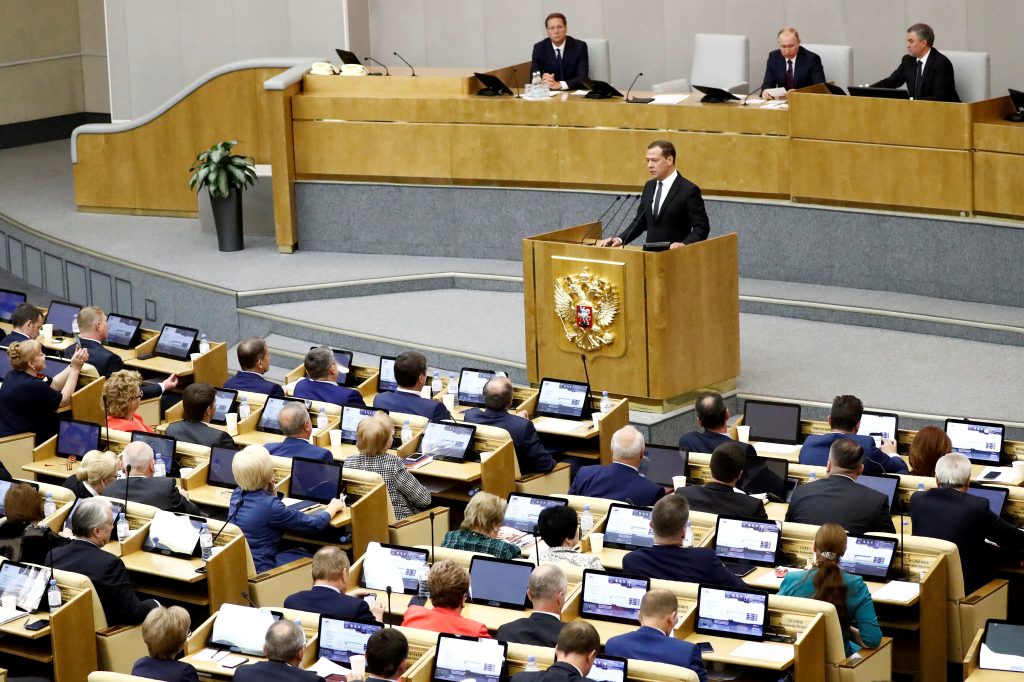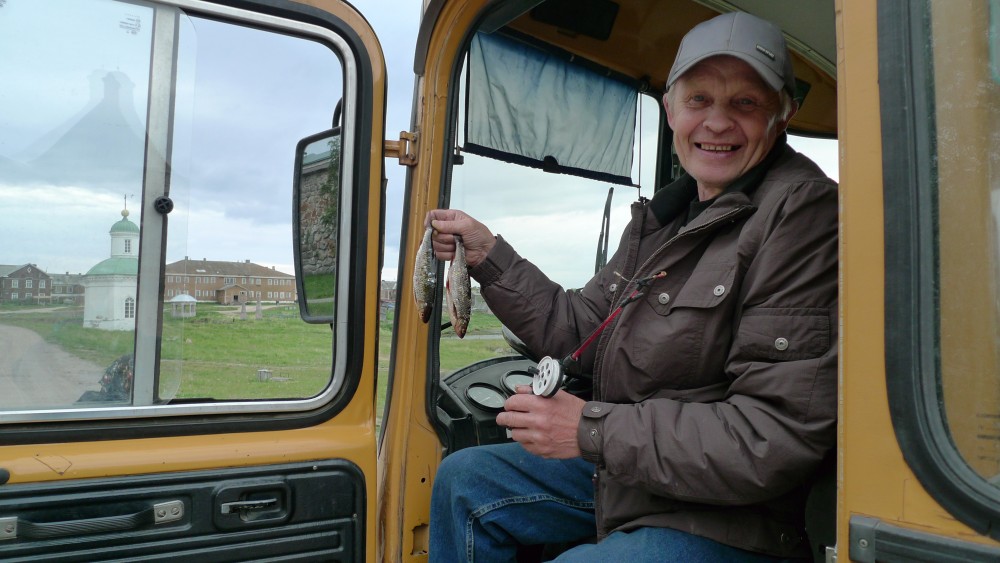Russian government to raise retirement age by several years

We live longer, are active longer, and therefore we need to work longer, Russia’s Prime Minister Dmitry Medvedev argues as he presents what is a highly controversial law in Russia.
The Russian government approves a bill raising the retirement age step-by-step starting as soon as 2019.
In general, retirement age will jump from today’s 60 to 65 for men by 2028 and from 55 to 63 for women by 2034. For some categories, like military veterans and police officers, no changes are yet in pipe.
For people in the north, the changes are also dramatic. Here, retirement age will jump from 50 to 58 for women and from 55 to 60 for men. Introduced in Soviet times, people in the northern regions, like Murmansk, Arkhangelsk and Siberia, have retired several years earlier than people in the rest of the country.
Lower retirement age in the north is argued to compensate for harsh climate and harder working conditions. Earlier retirement, logically, has therefore been an argument for Russians to move and work in the north.
Presenting the draft law on Thursday, Prime Minister Dmitry Medvedev said the changes are highly needed. “Without these changes, we can’t move forward neither in raising the standard of living for people, nor in the social sphere, nor in the development of the economy”, Medvedev said according to the transcripts from the government’s meeting.
The text of the bill is published by the State Duma (in Russian).
Following in others’ footsteps
Medvedev pointed to the rest of Europe who have raised pension age long time ago. The same goes for most other former Soviet republics. “Except for Russia and Uzbekistan”, the Prime Minsiter informed.
With the step-by-step increase in retirement age, Medvedev argues Russians have “plenty of time to adapt” to the new pension rules.
Some categories will be excluded from the new age limits. Women with more than five children, parents of disabled children, Chernobyl victims and people working in harmful and dangerous productions will keep today’s pension age.

Northerners unhappy
Like in the rest of Russia, people in the north are not very happy about the changes.
Regional newspaper Severpost has asked its followers on Vkontakte what they think about working longer. 56% of the respondents say they will leave the Murmansk region, because “there is no point in living here anymore”. 14% say “I’ll stay no matter what”, while 30% say it doesn’t matter, “I will not reach retirement”.
The new law will have to be approved by the State Duma.
Related stories from around the North:
Canada: Educated aboriginal women have better employment outcomes than non-aboriginal women: study, Radio Canada International
Finland: Jobs on the upswing for Finns, but structural problems linger, YLE News
Iceland: Norwegians and Icelanders let Alaskans in on the secrets to economic prosperity, Alaska Dispatch News
Sweden: Will Sweden scrap state pensions for thousands now living in Finland?, YLE News
United States: Alaska shelter helps homeless promptly find work, home and stability, Alaska Public Media




An interesting article. No matter where you are people do not relish the idea of working longer. Being a Northern resident complicates things even more.